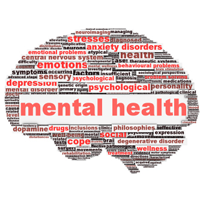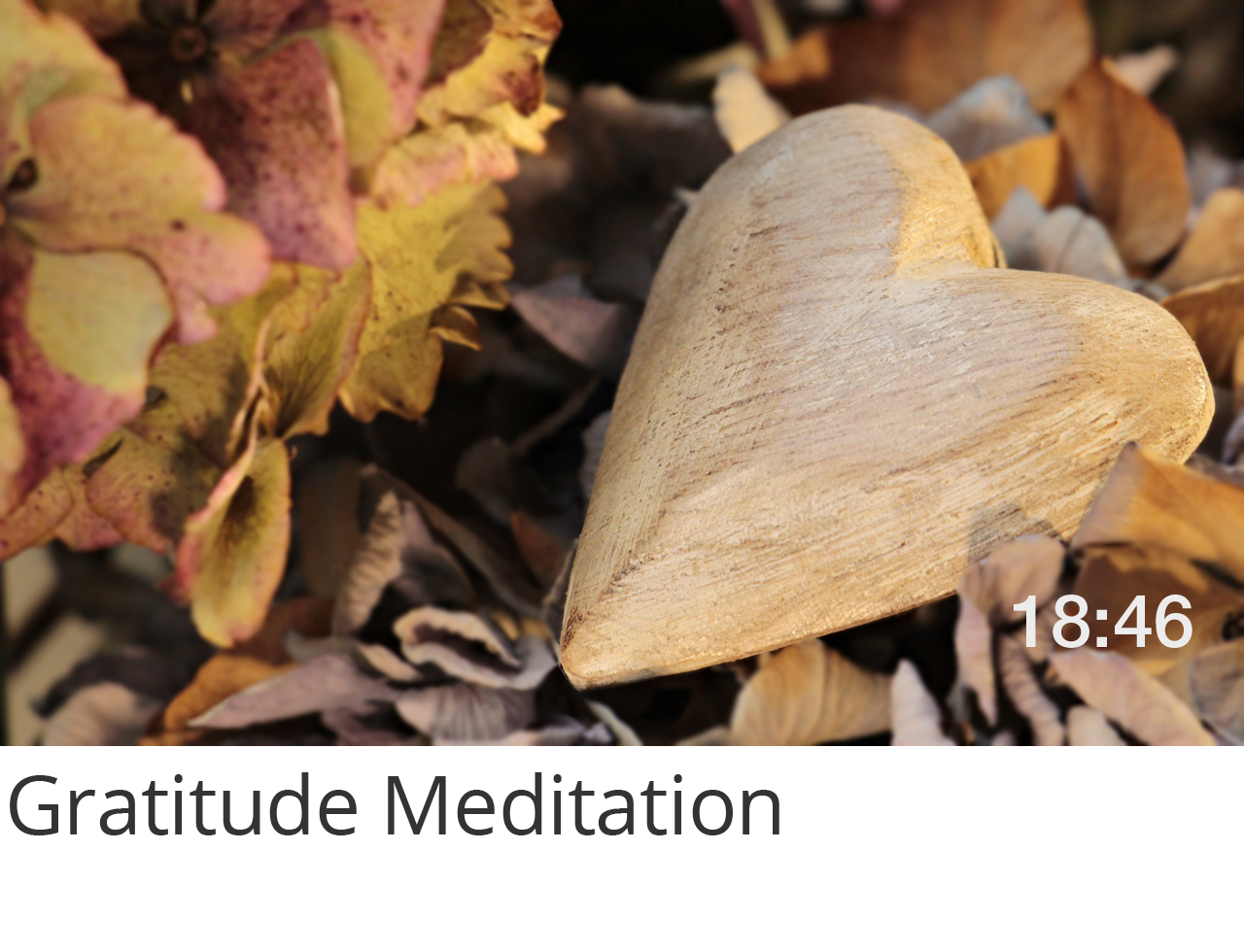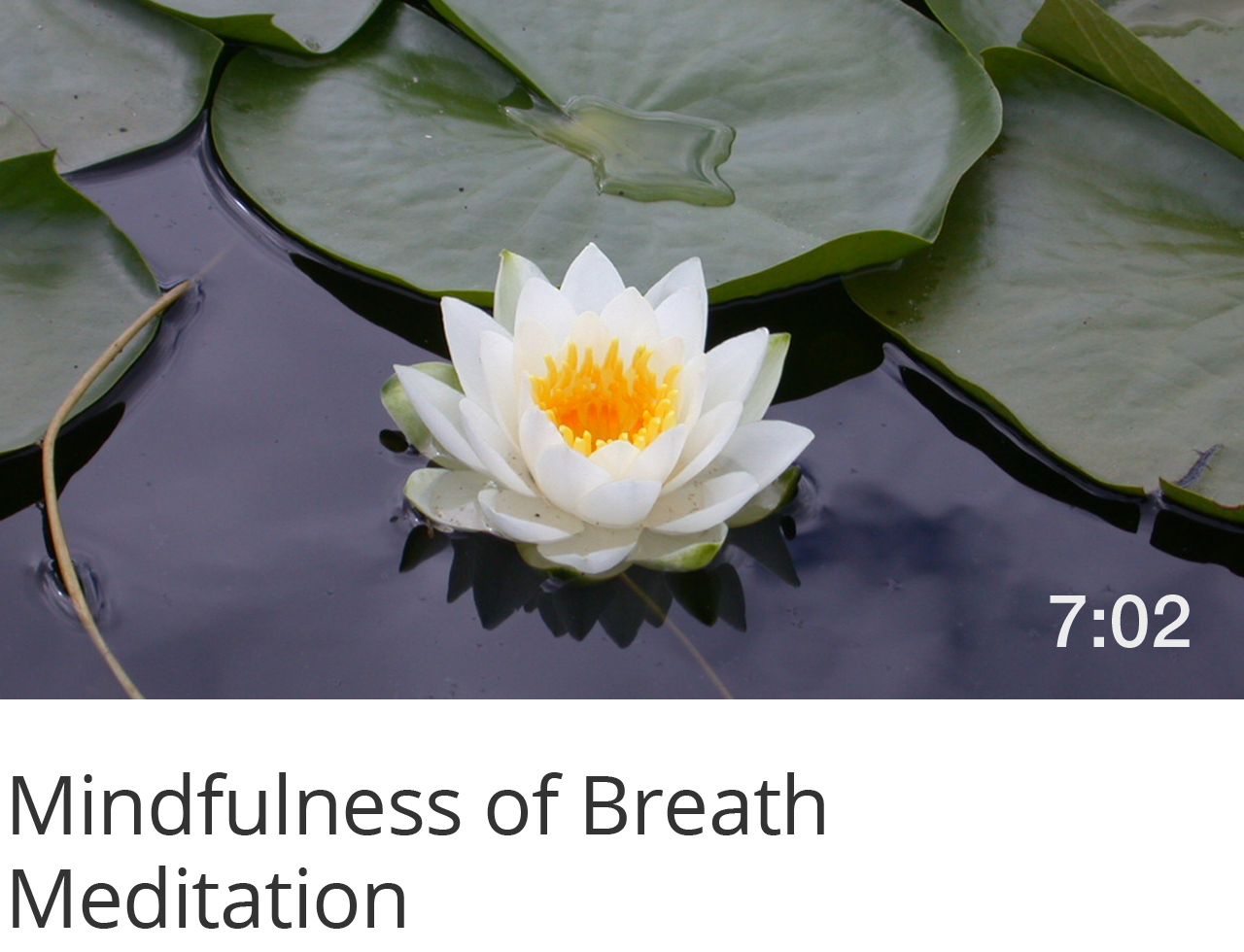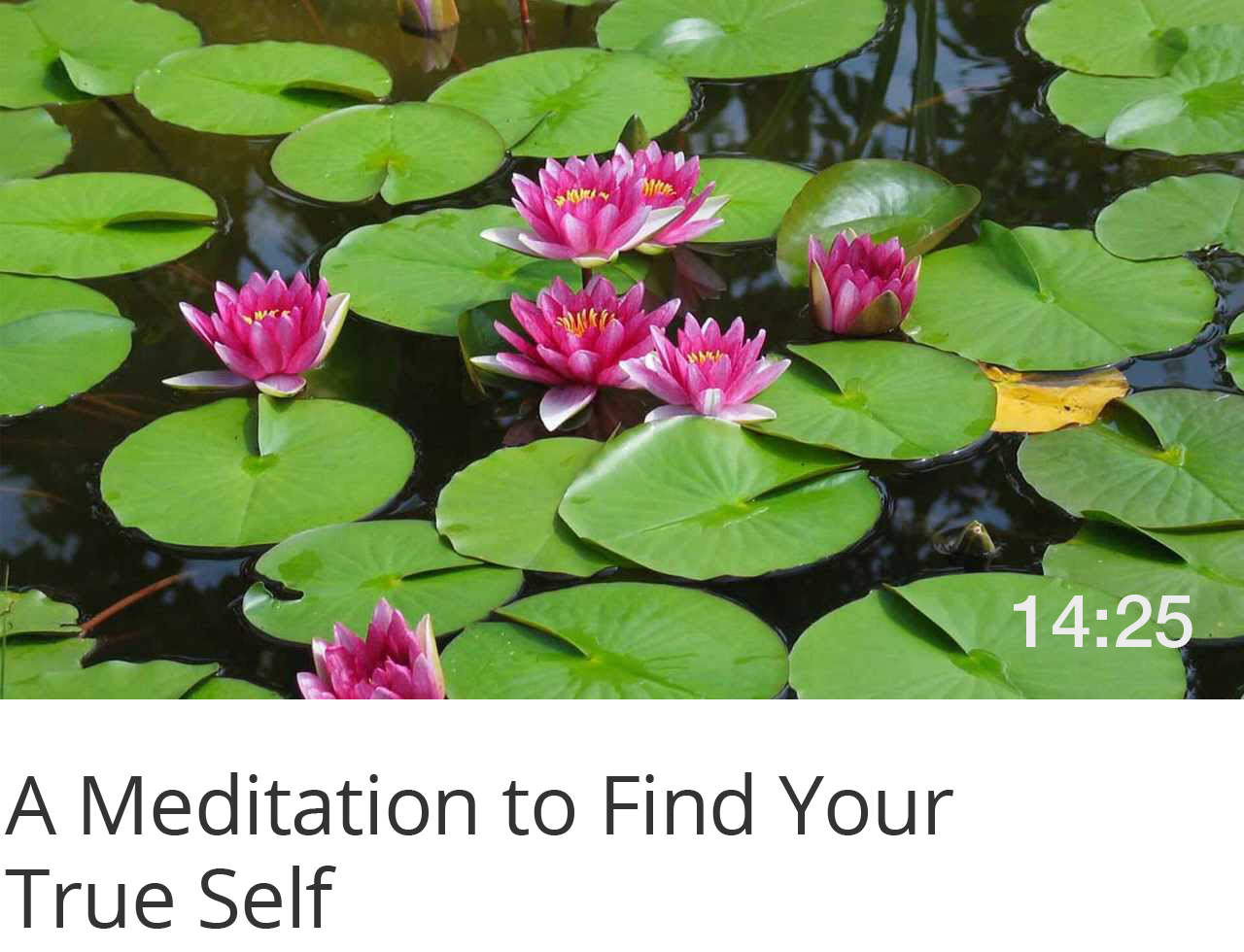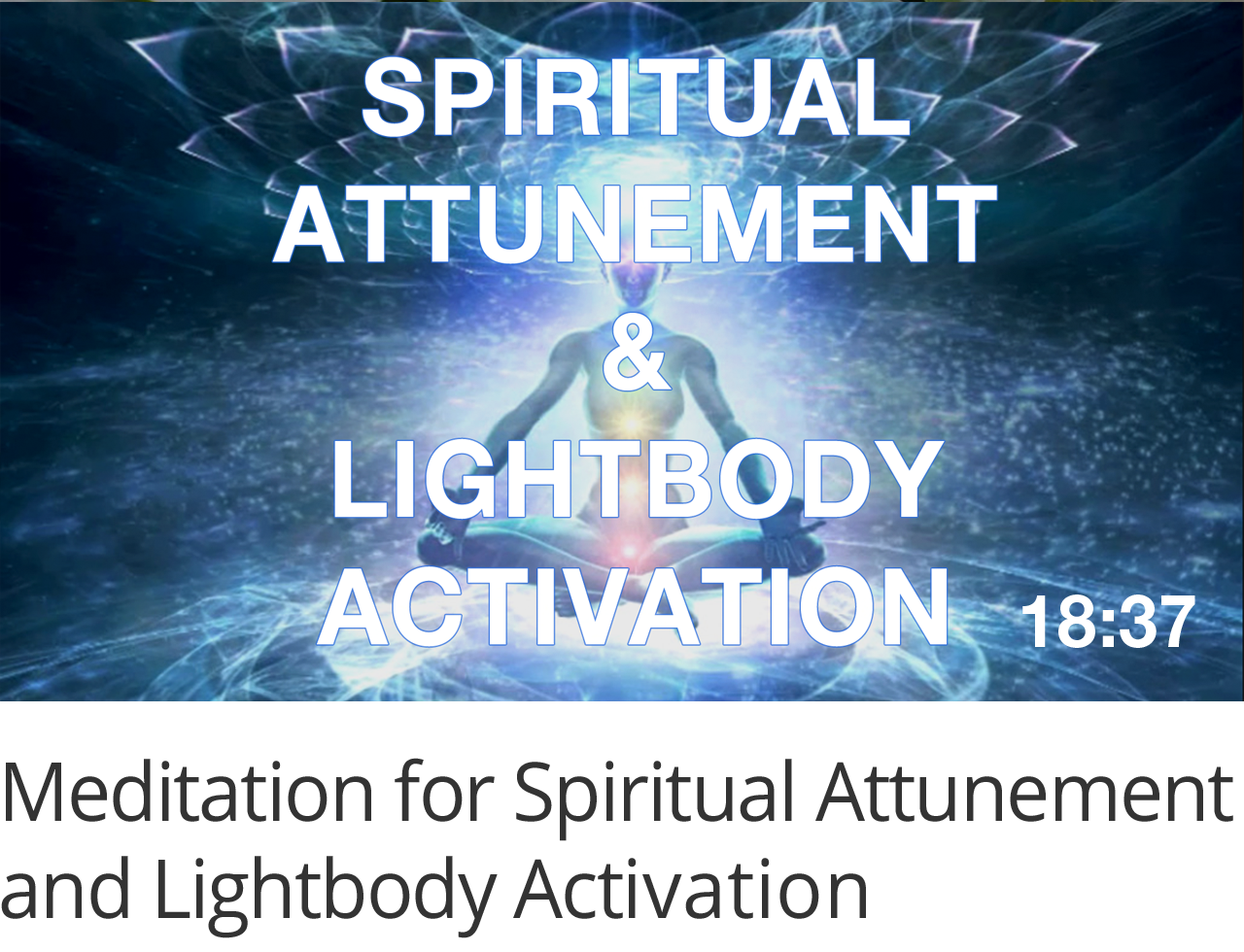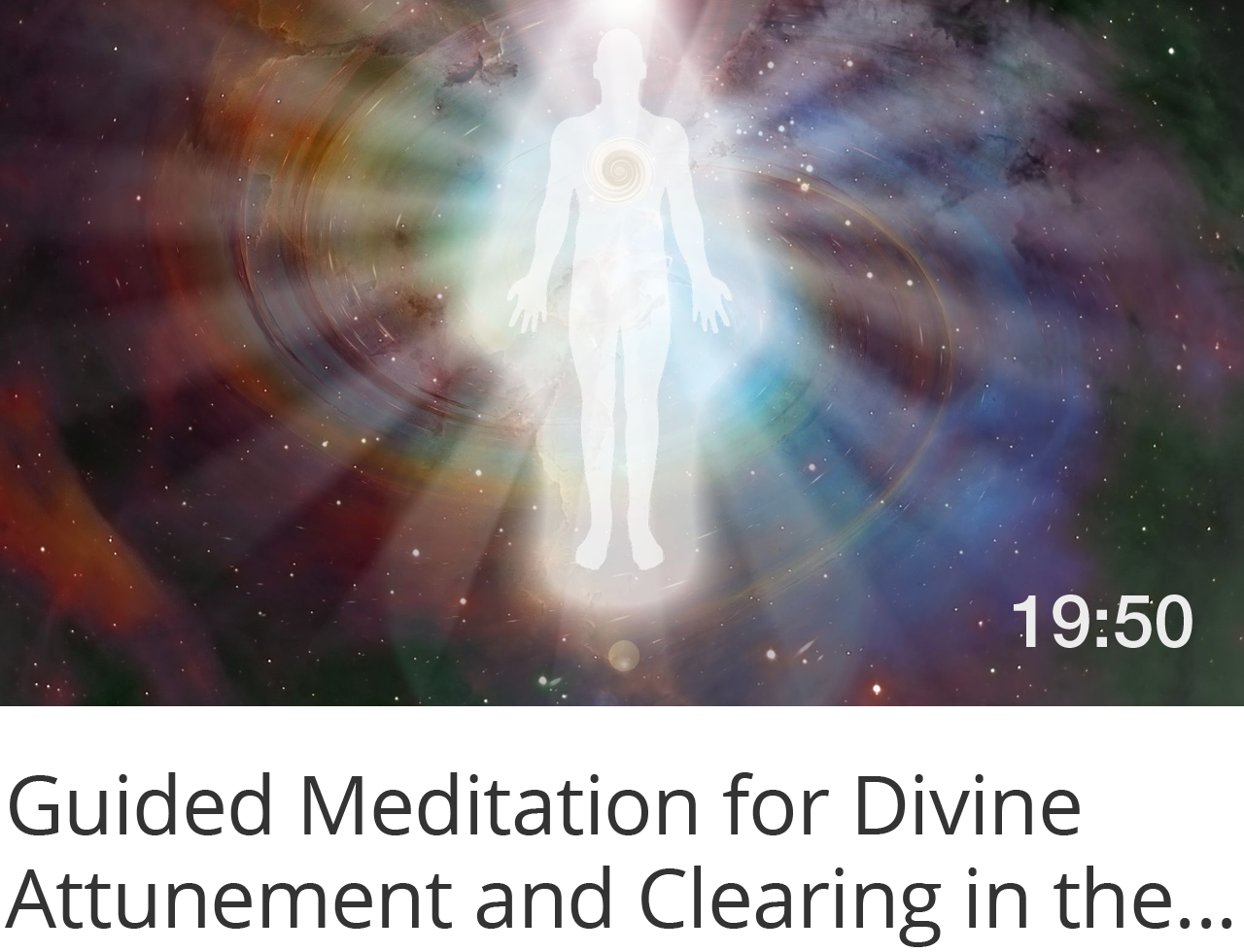As this week is Mental Health Awareness Week, I thought it fitting to write about stress, anxiety, and depression from a broader perspective. There is a wide spectrum of intensity of these states, and approximately 1 in 5 people report them. The unreported cases would take this statistic even higher. These states are more commonplace than we think given the nature of our society and its impact and pressures upon us, and the fact that we are not always given the skills, resources, and support to promote inner wellness. We are also often taught to put on a brave face and get on with things, so some people experiencing stress, anxiety, and depression may not even be fully aware that they are doing so.
Evolving Our Perspective
There are lots of well-documented cases of how anxiety and depression can be treated effectively with the right approaches, and I have myself treated these states effectively. I’m a practitioner of EFT (Emotional Freedom Technique), which I have found is particularly effective at clearing these debilitating states, particularly when combined with the other elements of my Inner Wellness Programme, such as mindfulness, meditation, and reframing techniques. EFT has been used with a good track record on people suffering from all kinds of mental health issues, and now has a high profile as a therapy due to its early success with Vietnam veterans and Bosnian refugees who were experiencing severe PTSD. EFT recognises that, as well as thoughts and emotions, our energy system influences our inner wellness. When our energy system gets disrupted it can throw our health into disarray. EFT helps to reset our energy system.
Stress, anxiety, and depression can have many causes. To think of them as the result of imbalances of neurochemicals alone is not completely helpful as this is just looking at one set of symptoms. We need to look at the broader perspective that includes root causes.
While stress, anxiety, and depression may well be accompanied by an imbalance of neurochemicals and hormones such as serotonin and cortisol, we need to consider what has thrown these into imbalance. Now certain people may be more susceptible than others to an imbalance due to their genetic makeup, but we should not blame the genes: taking responsibility for what is triggering the imbalance is key. We now know that it is our inner and outer environment that determines whether certain aspects of our genes express themselves.
Examples from My Practice
When assisting clients I may consider such factors as:
- enviroment
- nutritional deficiencies
- lack of exercise
- toxic overload
- chemical additives
- sugar intake
- immune disruption
- endocrine disruption
- energy system disruption
I also take into account whether a person has a reactive personality, perhaps conditioned by traumatic experience, and to what degree their stress, anxiety, or depression is the outcome of poor life strategies and a poor alignment with their true self.
Stress, anxiety, and depression are states that we first need to embrace rather than see as external forces that “tear you apart” or are “a battle”. Like any physical illness, they are ultimately feedback messages to us from us—messages that we are not addressing our needs for wellness and authenticity. This will be a tougher lesson for some than for others.
In my Inner Wellness Programme I help you to identify these messages and to gain a fuller perspective of your experience and your needs for inner wellness. Then I give you the skills, strategies, and resources for meeting these needs. Techniques of mindfulness, meditation, and clearing are included and used to put you in the most resourceful state, strengthen your centre, connect you with your unconditioned self, and release debilitating patterns from you.
Mental Health and Relationships
There is a saying that it takes a whole village to bring up a child. I would add that it also takes a whole village to support our inner wellness for the rest of our life. The influence of the culture we live in, the quality of authentic relationships that we have, and the degree of community that we are part of is all necessary to support our wellness. It is of no surprise that the ascent of mass culture, the breakdown of community, and the virtualisation of relationships by social media has occurred at a time when the incidence of stress, anxiety, and depression is on the rise. Healthy, supportive relationships are an essential need for our inner wellness.
Sometimes stress, anxiety, and depression can lead to difficult relationships and their eventual breakup. To support ourselves it is important to have strong and healthy personal boundaries so that we can honour our needs for inner wellness, or we will neglect our needs and become overwhelmed. When we have particular needs for inner wellness, these should be defined clearly at the start of a relationship, so that there can be commitment with as much knowledge as possible.
We may not always know precisely how our inner wellness can be affected and in what ways this may affect others, particularly if we are vulnerable to mood changes, and there is an element of unpredictability in their intensity. So a person who may think of committing to us, particularly if we have severe incidences of stress, anxiety, and depression, should be prepared with our help as best as they can for a full spectrum of experience, and have the resources available for doing so. Sometimes people hold off from sharing fully about themselves like this at the start of a relationship because they want to present themselves in the best light to avoid rejection. Although this behaviour is tempting, and a common trait of human nature, it is poor communication and does not serve us as it can only lead to disappointment in others who discover we weren’t all that we portrayed.
Where you are suffering from stress, anxiety, and depression, a network of support should be included as part of your life that any partner is to some degree brought in to.
Check out my article The One Thing Healthy Relationships Need to consider the importance of authenticity in relationships.
Final Thoughts
As far as seeing yourself as “an illness”—or even “more than an illness”—I would caution against such an identification and suggest seeing yourself instead as a person who experiences illness rather than as a person who is the illness. We experience illness when we are out of balance, which is why “disease” is really dis-ease. Coming back into balance by meeting our authentic needs is essential for treatment and recovery.
Some people may feel a sense of guilt and shame about their states of mind and how these impact on others. So changing the perspective of mental illness and seeing it for what it is—a disruption of our wellness that creates feedback messages to us—is a crucial first step in promoting inner wellness, along with the reframing of our self-image.
Next step: treat yourself to an Inner Wellness Guidance Call to dive deeper into what has been discussed and how it relates to you overcoming your life challenges and turning the corner of your life.

